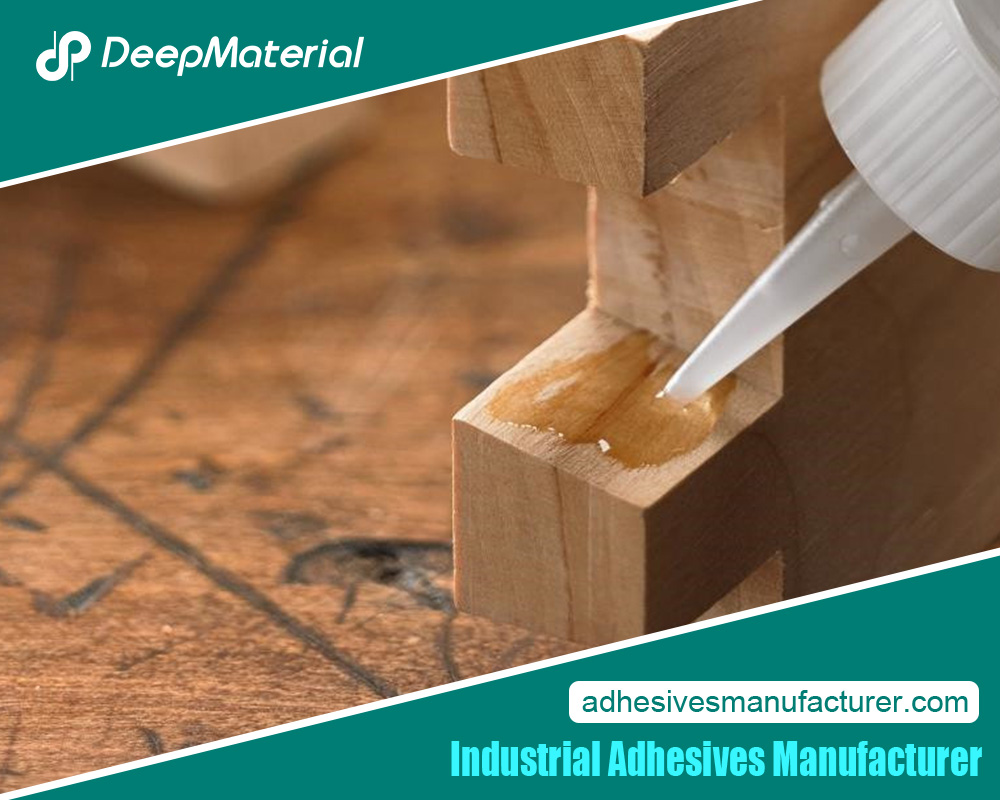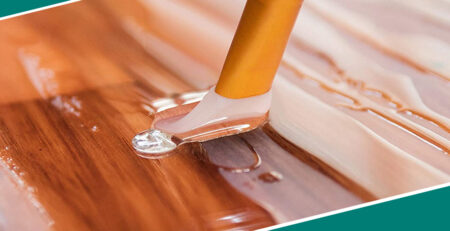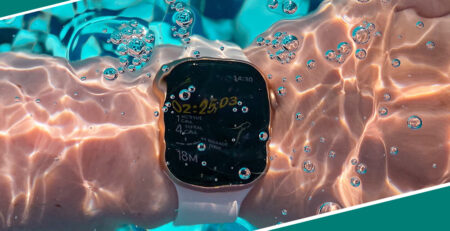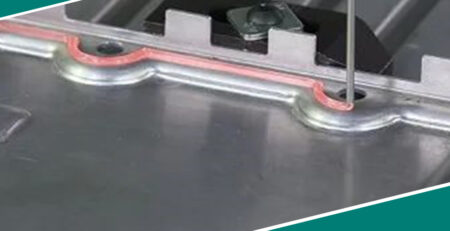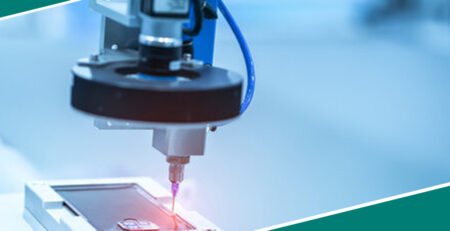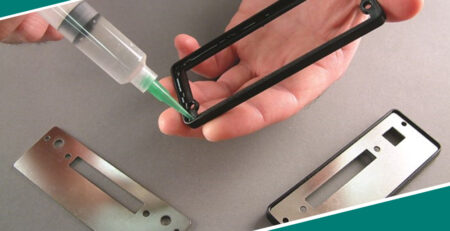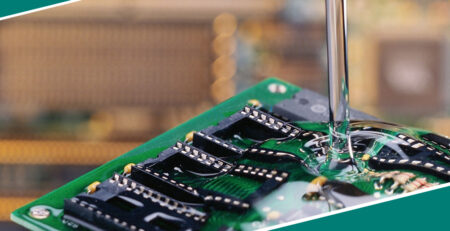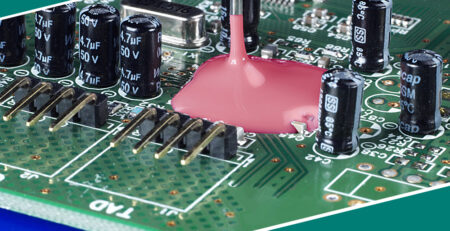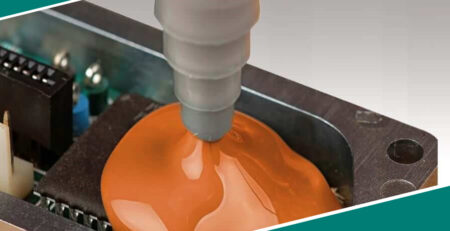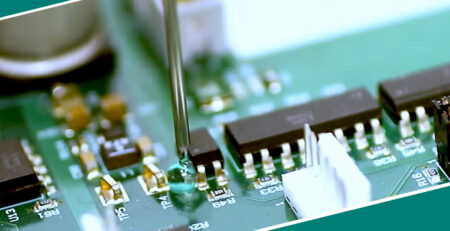Industrial Appliance Adhesive Manufacturers: Key Players in a Crucial Industry
Industrial Appliance Adhesive Manufacturers: Key Players in a Crucial Industry
Adhesives play an essential role in industrial manufacturing, particularly in assembling and producing various appliances. From small household gadgets to large-scale industrial equipment, adhesives have become the backbone of modern manufacturing, replacing traditional fastening methods such as screws, bolts, and welding in many applications. In the past few decades, the adhesive manufacturing industry has grown exponentially due to technological advancements, allowing adhesives to be used in broader applications. Industrial appliance adhesive manufacturers are at the forefront of this revolution, developing solutions that cater to increasingly sophisticated demands.
This article explores the world of industrial appliance adhesive manufacturers, focusing on the types of adhesives they produce, the industries they serve, key manufacturers, the benefits of using adhesives, and emerging trends within the industry.
Types of Adhesives Produced for Industrial Applications
The industrial appliance sector requires adhesives that can withstand conditions such as high temperatures, vibrations, and exposure to chemicals and moisture. As such, adhesive manufacturers have developed a variety of formulations to meet these stringent requirements.
- Epoxy Adhesives
Epoxy adhesives are one of the most commonly used types in industrial applications due to their excellent mechanical strength, chemical resistance, and temperature stability. These adhesives are often used to assemble appliances subject to high stress or extreme conditions, such as refrigeration units, HVAC systems, and heavy-duty machinery.
- Silicone Adhesives
Silicone adhesives are favored in industries requiring flexibility, thermal stability, and moisture resistance. They are widely used in sealing, bonding gaskets, and insulating components in appliances like ovens, dishwashers, and other heat-generating devices.
- Polyurethane Adhesives
Polyurethane adhesives are known for their versatility and durability, offering good adhesion to a wide range of substrates, including metals, plastics, and ceramics. They are often used in manufacturing large appliances like washing machines, where strong bonds are needed, but the adhesive must also be resistant to vibration and mechanical impact.
- Acrylic Adhesives
Acrylic adhesives offer strong bonds and fast curing times, making them ideal for assembly lines where speed is essential. They are used to assemble household appliances like blenders, coffee machines, and other small electronics.
- Hot Melt Adhesives
Hot melt adhesives are thermoplastics that are melted, applied in liquid form, and solidified upon cooling. These adhesives are famous for their ease of use, fast setting times, and ability to bond various substrates. They are used in applications ranging from furniture assembly to appliance components, such as bonding panels in refrigerators and freezers.
- UV-Curable Adhesives
UV-curable adhesives cure rapidly when exposed to ultraviolet light, providing precise control over the bonding process. These adhesives are used in electronics and appliances where quick curing times are necessary, such as assembling circuit boards and display screens.
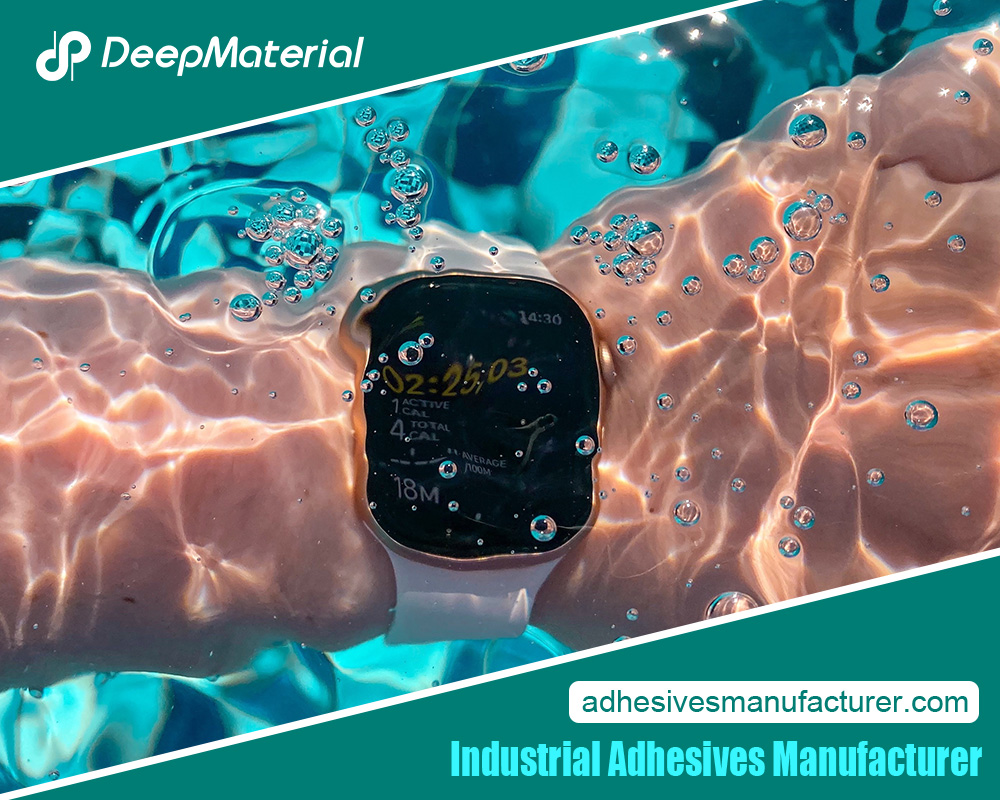 Industries Served by Industrial Adhesive Manufacturers
Industries Served by Industrial Adhesive Manufacturers
Industrial adhesive manufacturers serve various sectors, each with specific requirements and challenges. Below are some of the key industries that depend on adhesives for appliance assembly and manufacturing:
- Home Appliances Adhesives
Home Appliances Adhesives are used extensively to produce home appliances such as refrigerators, ovens, dishwashers, washing machines, and microwaves. Manufacturers of these products rely on adhesives for applications such as bonding insulation materials, securing electronic components, and assembling structural parts. The shift towards sleeker, more energy-efficient designs has increased the demand for more robust and flexible adhesives.
- HVAC Systems
Heating, ventilation, and air conditioning (HVAC) systems require adhesives that can withstand fluctuating temperatures, moisture, and vibrations. Industrial adhesive manufacturers produce specialized formulations to assemble air ducts, secure components, and sealing systems to ensure optimal performance and durability.
- Automotive Industry
In the automotive industry, adhesives play a vital role in assembling components such as engine parts, interior trims, and body panels. As vehicles become more advanced, adhesive manufacturers have developed products that offer improved weight reduction, increased fuel efficiency, and enhanced durability, which are crucial in modern automotive design.
- Electronics and Small Appliances
The electronics sector is another significant consumer of industrial adhesives. Manufacturers of small appliances and electronics like smartphones, laptops, and kitchen gadgets rely on adhesives to bond delicate components, providing structural support without adding weight or bulk. The development of lightweight, high-strength adhesives has been vital in enabling the miniaturization of modern devices.
- Renewable Energy
With the global push toward renewable energy sources, the wind and solar industries have seen growing demand for adhesives. In wind turbines, adhesives bond composite materials and secure components subjected to heavy loads and harsh environmental conditions. Similarly, in the solar industry, adhesives are used to assemble solar panels, bonding materials that must withstand exposure to UV radiation and extreme temperatures.
Benefits of Using Adhesives in Industrial Applications
There are several advantages to using adhesives in manufacturing industrial appliances, making them the preferred choice over traditional fastening methods.
- Weight Reduction
Adhesives help reduce the overall weight of appliances by eliminating the need for heavy mechanical fasteners such as bolts and screws. This is particularly important in industries like automotive and electronics, where lightweight design is crucial for improving performance and energy efficiency.
- Design Flexibility
Adhesives allow for more creative and innovative designs by enabling manufacturers to bond a variety of materials, including metals, plastics, and composites. This flexibility opens up new possibilities for appliance design, leading to more compact and efficient products.
- Improved Durability
Adhesives distribute stress more evenly across bonded surfaces, reducing the likelihood of mechanical failure. This leads to longer-lasting, more reliable products, especially in high-stress environments such as industrial machinery or automotive applications.
- Enhanced Aesthetics
Using adhesives instead of visible mechanical fasteners can enhance the aesthetics of a product. This is particularly important in consumer electronics and home appliances, where sleek, seamless designs are often desired.
- Reduced Production Costs
Adhesives can simplify the manufacturing process by reducing the need for complex assembly procedures. This can lead to faster production times, reduced labor costs, and lower manufacturing expenses.
Emerging Trends in the Adhesive Industry
The industrial adhesive manufacturing industry continues to evolve, driven by new technologies, environmental concerns, and changing market demands. Some emerging trends include:
- Sustainability and Eco-Friendly Adhesives
With growing concern over environmental impact, manufacturers are developing more sustainable and eco-friendly adhesives. This includes using biodegradable materials, water-based adhesives, and products that reduce energy consumption during manufacturing.
- Adhesives
The rise of intelligent manufacturing has led to the development of adhesives that can provide feedback on the bonding process. These innovative adhesives can monitor factors like temperature, humidity, and stress to ensure optimal bonding conditions and improve product quality.
- Nanotechnology
Nanotechnology is playing an increasing role in adhesive development, allowing for more robust, more durable bonds at the microscopic level. Nanomaterials can be incorporated into adhesive formulations to enhance performance in demanding applications, such as high-temperature environments or chemical exposure.
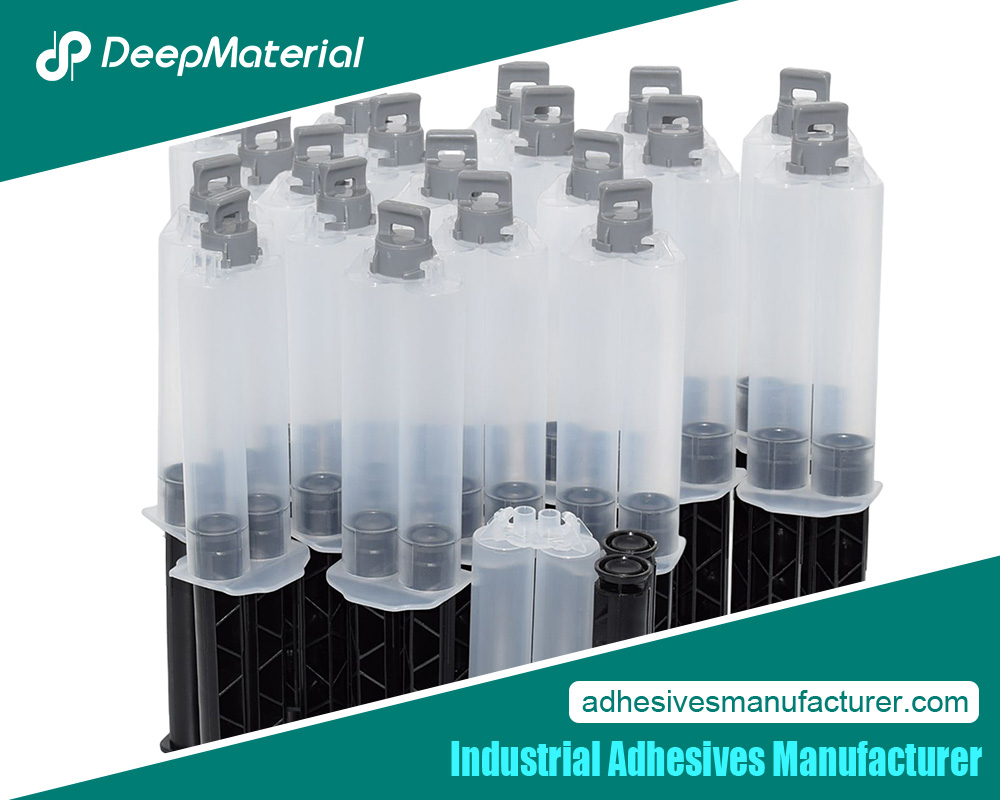 Conclusion
Conclusion
Industrial appliance adhesive manufacturers are integral to modern manufacturing, providing the essential materials needed to assemble a wide range of products efficiently and reliably. With advancements in adhesive technology, industries can expect to see even more innovative solutions that offer improved performance, sustainability, and flexibility. As the demand for more efficient, durable, and lightweight products grows, adhesive manufacturers will remain at the forefront of this evolving landscape.
For more about a complete guide to industrial appliance adhesive manufacturers: key players in a crucial industry, you can pay a visit to Deepmaterial at https://www.adhesivesmanufacturer.com/ for more info.

